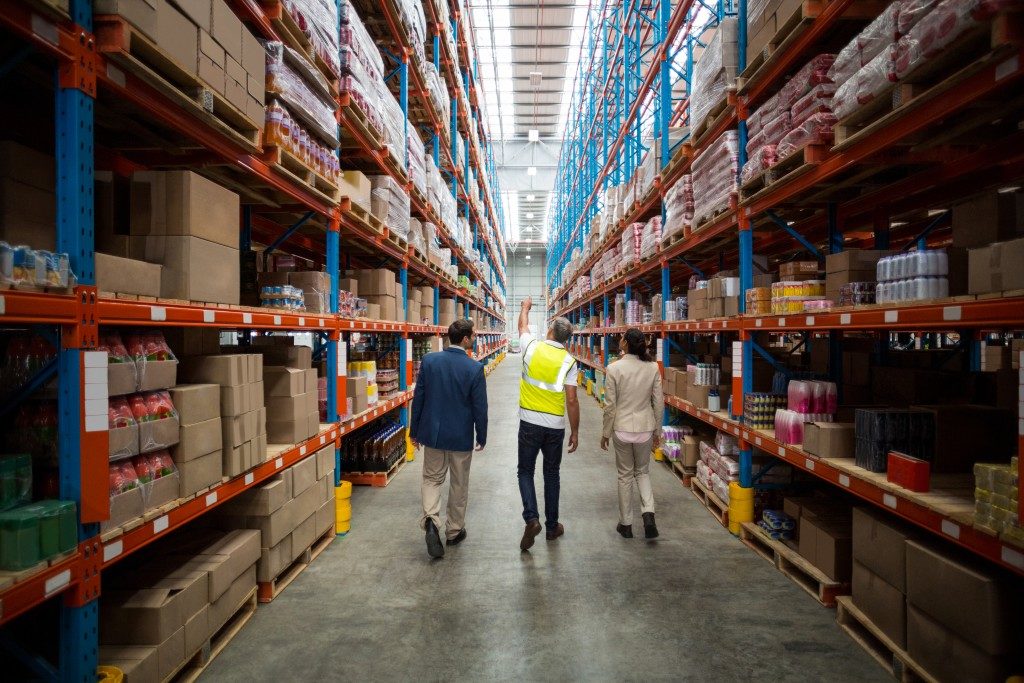Whether it’s delivering goods to your customers or transporting materials or equipment to other sites, logistics is a vital aspect of business operations. Some companies have their own logistical system and network, but for those who don’t, there are options such as courier and haulage services.
Choosing one of these logistics providers doesn’t mean you won’t be using the other, as it is possible to use couriers for one aspect of your operations and use haulage companies for another. For example, a business can use a courier for delivering purchased items to customers around the world, as well as hire European haulage companies to distribute products to EU branches.
That said, you’ll need to know the difference between couriers and haulage companies and the services they offer:
Contracts and Pricing
Courier services often times do not require contracts and are a one-off service (i.e. once the goods are delivered, the relationship between them and the client is done). Haulage companies normally require contracts as they deliver bigger and more valuable goods. Most of the time, they are hired long-term to transport goods from the clients regularly.
That is why couriers are chosen for delivery of small goods to customers, while haulage companies are hired to transport raw materials, goods, and/or equipment to a company’s branch, client, or factory.
Maximum Weight and Capacity
The maximum weight for couriers is usually at 70 Kg per parcel and could accommodate 1,000 kg per shipment (or for palletized goods), depending on the courier. Whereas, haulage companies’ weight restrictions usually follow the weight capacity of their vehicles used. That said, couriers are ideal when delivering parcels and boxes, while a haulage company would be best for transporting heavier and larger goods.
Delivery Time

The delivery time of couriers are significantly reduced and most couriers offer rush or overnight delivery. On the other hand, couriers have set schedules and pre-planned deliveries, and they work within the client’s timeline. Additionally, a courier would be more efficient when it comes to transporting confidential and time-sensitive documents.
Insurance Policy
Both courier and haulage companies follow the “hire and reward insurance” (which insures vehicles and the goods in transit) but have a few differences. Haulage companies have set contracts and regular delivery schedules, and usually have pre-booked appointments. Due to the nature of their working relationship with the client, haulage companies know what they are carrying. Since they know what they carry, the insurance is tailored specifically for the job.
Couriers, on the other hand, do not have contracts. They have multiple drop deliveries and aren’t always aware of the package they carry. The insurance on the goods is often based on the value declared by the client. Additionally, courier’s jobs are viewed as higher risk due to the multiple deliveries made or multiple destinations.
Now that you know the key differences between the two, you’d be able to decide which is best for your company’s logistical needs. Choosing the right option is important to ensure the smooth and successful operations of your business.

